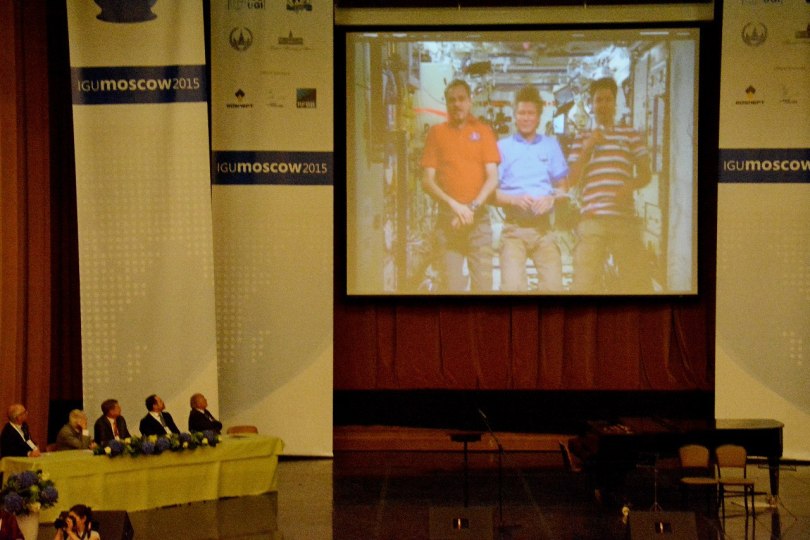The First International Summer Workshop on Alternative Methods in Social Research, which took place from July 13th to 19th 2015, in Barcelona, was dedicated to hybrid methods of evaluation in the arts and life sciences. Anna Paukova, lecturer at the HSE School of Psychology (Department of Psychology of Personality) participated in the event.
Research & Expertise
More than twenty years after the collapse of the socialist bloc, virtually none of the post-communist countries have attained the level of socioeconomic development characteristic of advanced democracies. Likewise, none of the post-communist countries have emerged as successful autocracies with high-quality public institutions, such as those found in Singapore or Oman. Professor Andrei Melville, Dean of the HSE Faculty of Social Sciences, and Mikhail Mironyuk, Associate Professor of the HSE School of Political Science, examine possible reasons why it is so.
Over the past three years, the business climate in Russia has improved for companies with a long planning horizon and for those receiving government support. State-owned companies, however, have been worse off after losing their privileges and facing a level playing field, according to Andrei Yakovlev, director of the HSE Institute for Industrial and Market Studies, Irina Levina, research fellow at the same Institute, and Anastasia Kazun, postgraduate student at the HSE Faculty of Social Sciences.
The Inter-university Consortium for Political and Social Research (ICPSR) Summer Programme in Quantitative Methods of Social Research is in all likelihood the most prestigious summer school in the social sciences. Every year, the University of Michigan welcomes thousands of young researchers who are looking to develop their research skills under the supervision of world renowned professionals. Maxim Rudnev, Leading Research Fellow at the Laboratory for Comparative Studies in Mass Consciousness, shared his experience of the programme.
It is increasingly common for scientists to engage the general public in dialogue and involve people in research rather than communicating with them in a haughty or condescending manner. We are witnessing the hybridization of research institutes: researchers are more actively collaborating with the media, civil society, and the customers for research, HSE Associate Professor Roman Abramov and Senior Lecturer at the Department for the Analysis of Social Institutions Andrei Kozhanov noted in an article.
Encouraging entrepreneurship, providing social support services and helping people find jobs are all part of a new ‘social contract’ programme introduced across Russia to assist poor families in becoming financially self-sufficient. Using formal contracts to encourage low-income people to engage in economic activity is proving to be more effective than welfare handouts, according to researchers of the HSE Centre for Studies of Income and Living Standards.
Over the past two decades, the average life expectancy in Russia has increased by 2.3 years for women and 1.4 years for men, according to a recently published paper based on the WHO's Global Burden of Disease (GBD) assessment – a major epidemiological study by a group of international experts, including Vasily Vlassov, Professor of the HSE Department of Health Care Administration and Economy.
The book ‘Democracy in a Russian Mirror’ edited by Adam Przeworski was issued by Cambridge University Press in May 2015. Three of the authors — Boris Makarenko, Andrei Melville and Mikhail Ilyin — are staff members of the School of Political Science.
Ekaterina Mikhailova, an HSE Doctoral Student, Spoke at an International Geographic Union Conference

Christian Frohlich has been a Research Fellow at the Centre for Studies of Civil Society and Non-Profit Sector since 2014. This year he is being fast tracked for tenure in the HSE Faculty of Social Sciences in the School of Sociology. Dr Frohlich has a DPhil in Sociology from Leipzig University, Germany. He spoke to HSE English News about his research into civic activism in Russia and about why he likes living and working in Moscow.

